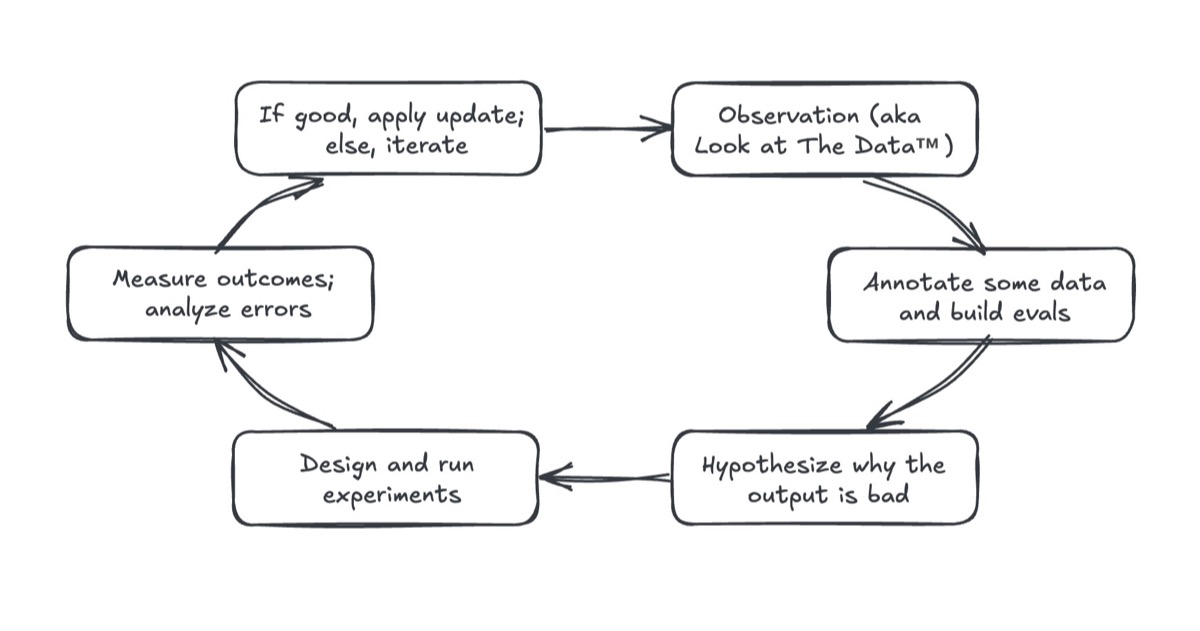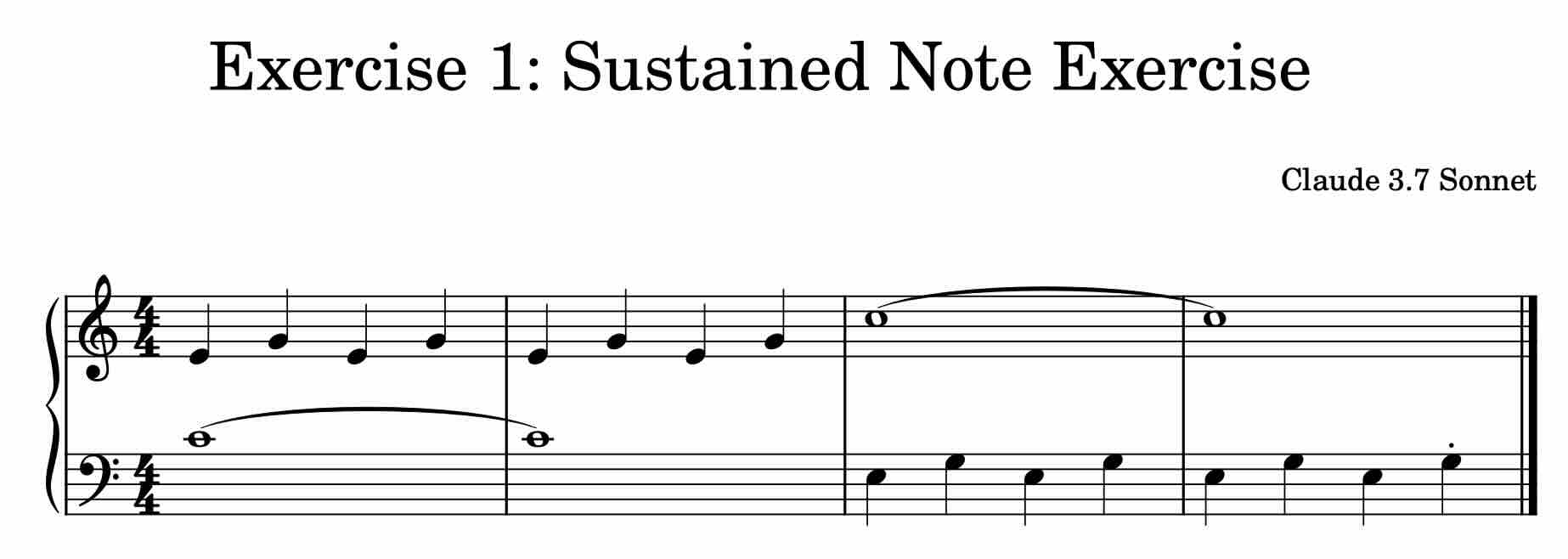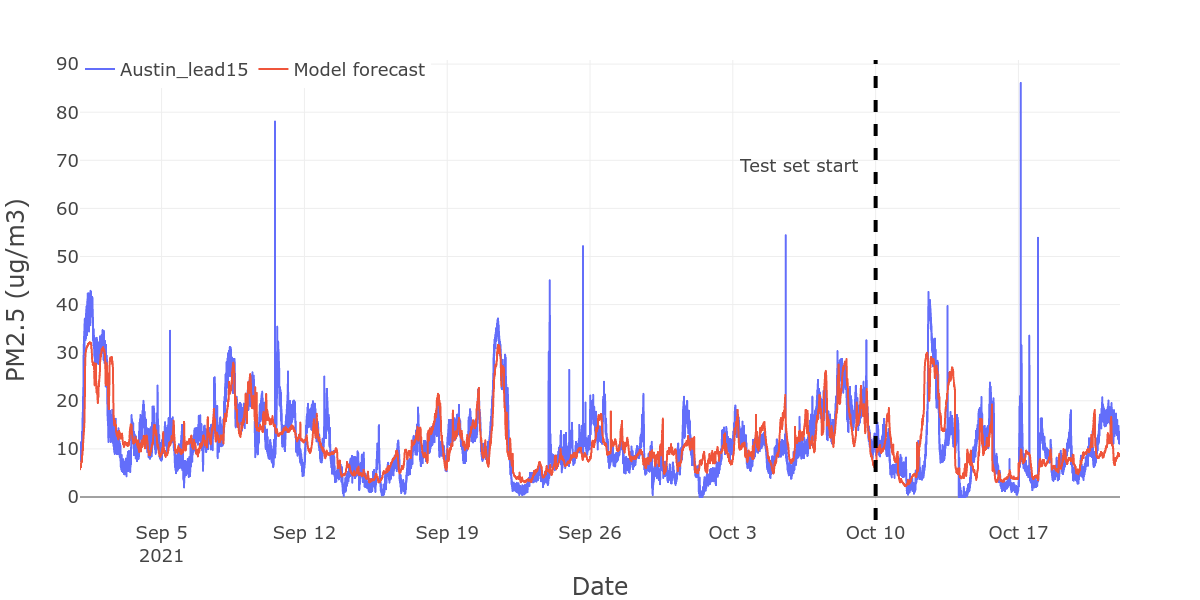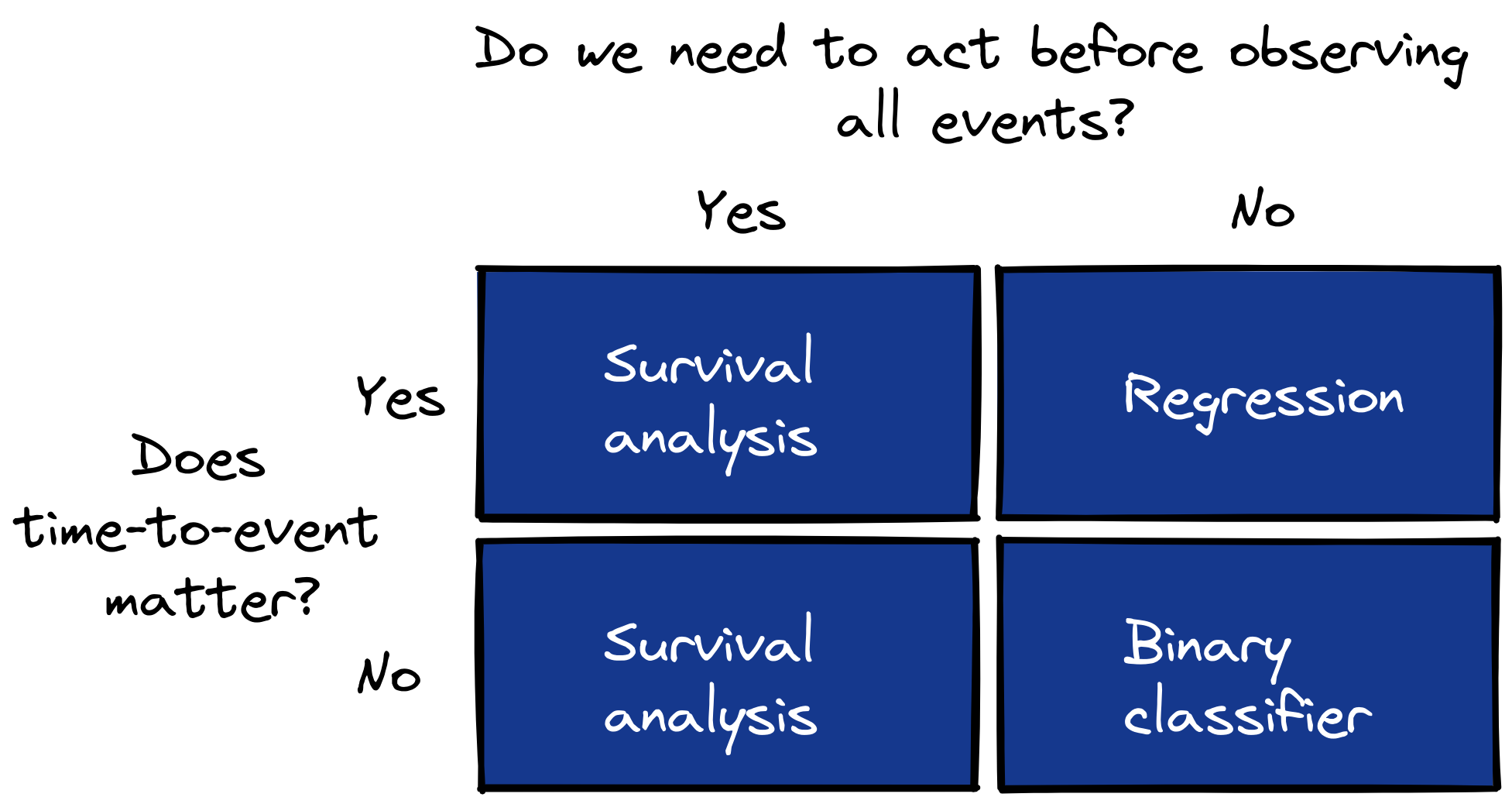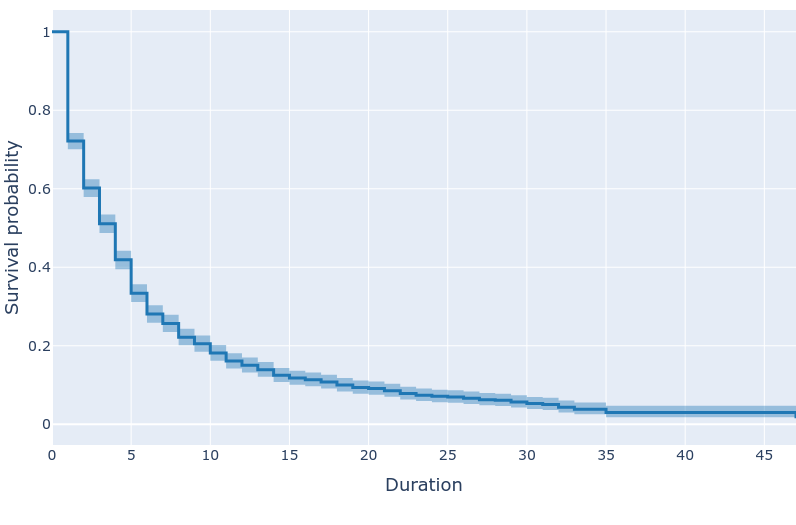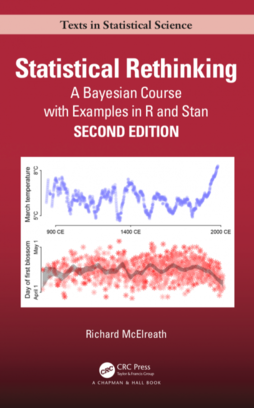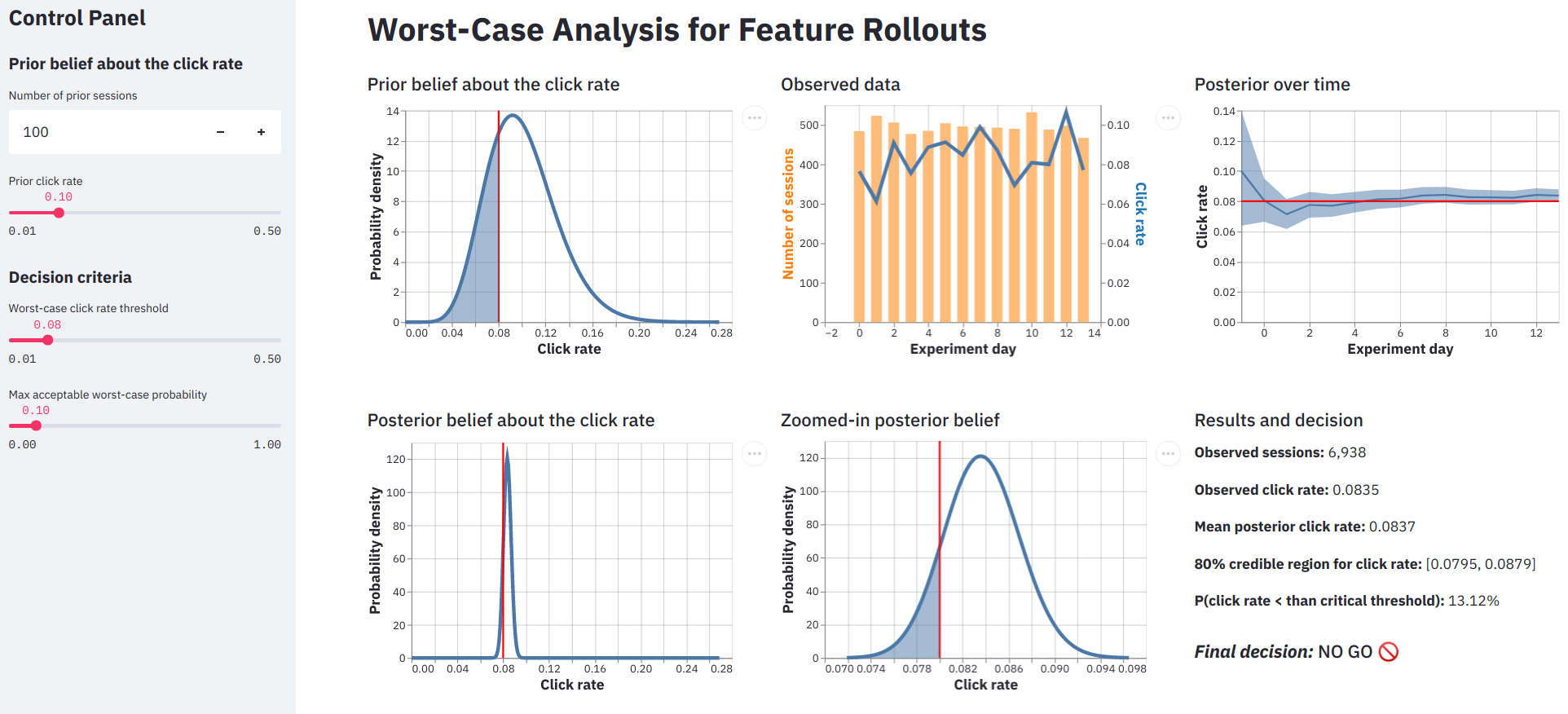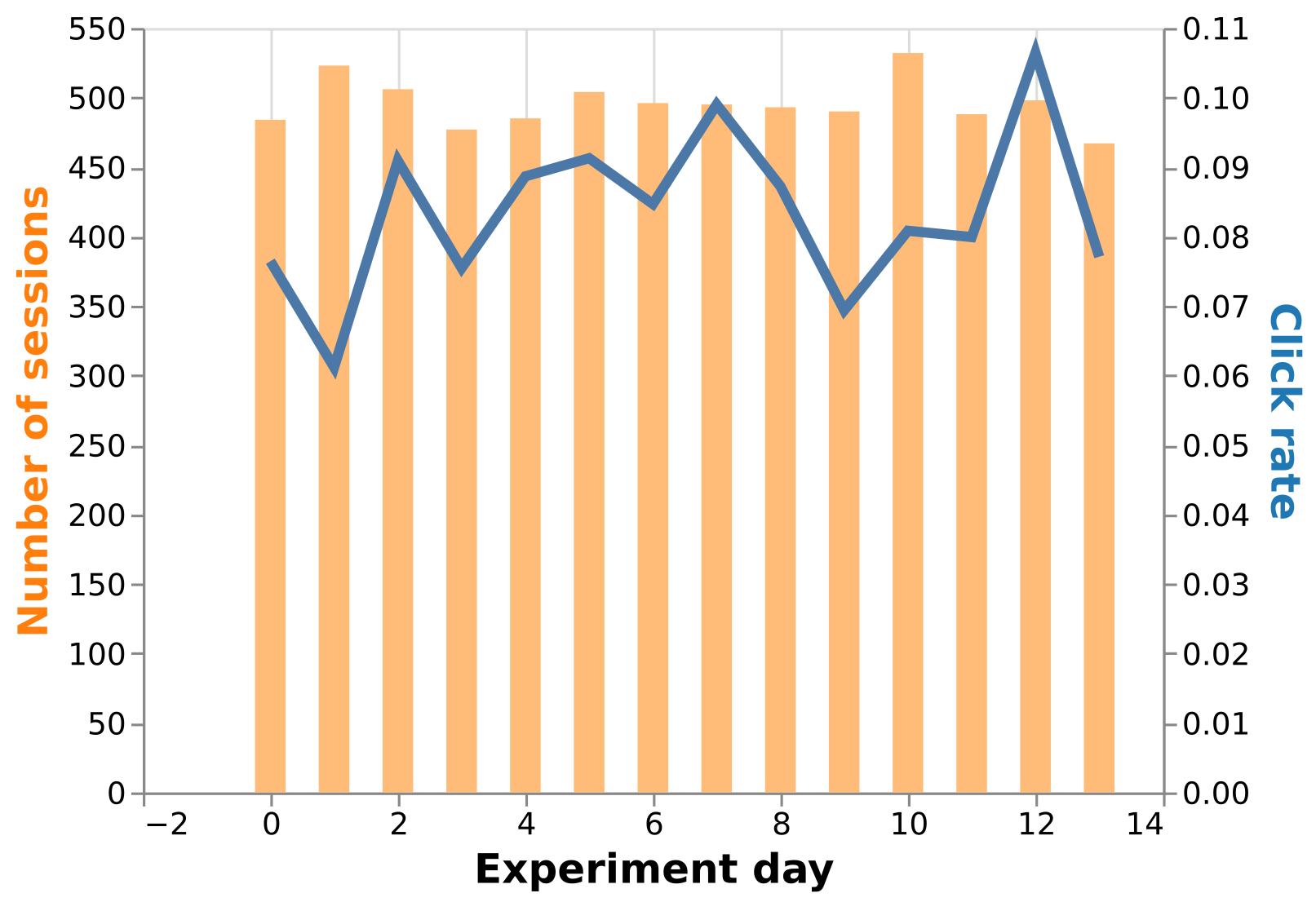A DSPy footgun
AI Engineering
Python
How to use an LLM to generate SQL queries
AI Engineering
SQL
Python
How to use PyTorch LSTMs for time series regression
Python
IOT
time series
Applications of survival analysis (that aren’t clinical research)
survival analysis
How to compute Kaplan-Meier survival curves in SQL
SQL
survival analysis
How to construct survival tables from duration tables
Python
survival analysis
A review and how-to guide for Microsoft Form Recognizer
reviews
information extraction
A review and how-to guide for Amazon Textract
reviews
information extraction
How to plot survival curves with Plotly and Altair
Python
survival analysis
Google Form Parser, a review and how-to
reviews
information extraction
How to build duration tables from event logs with SQL
SQL
survival analysis
How to convert event logs to duration tables for survival analysis
Python
survival analysis
Streamlit review and demo: best of the Python data app tools
Python
data apps
reviews
How to analyze a staged rollout experiment
experimentation
Python
data apps
No matching items




